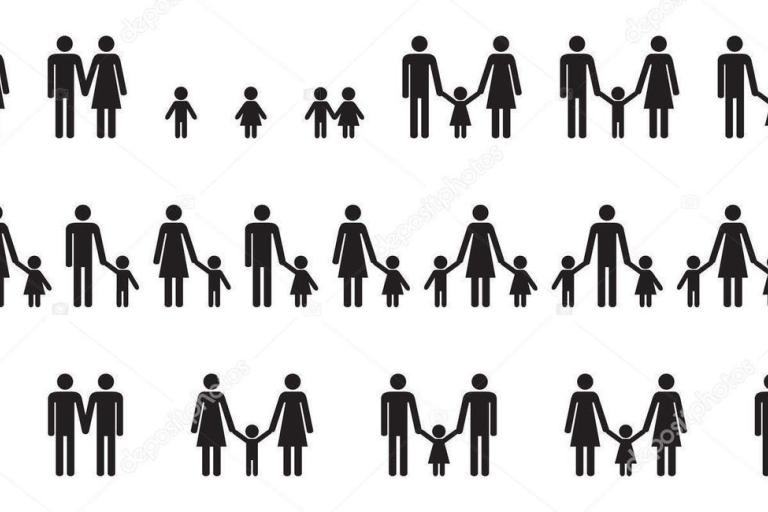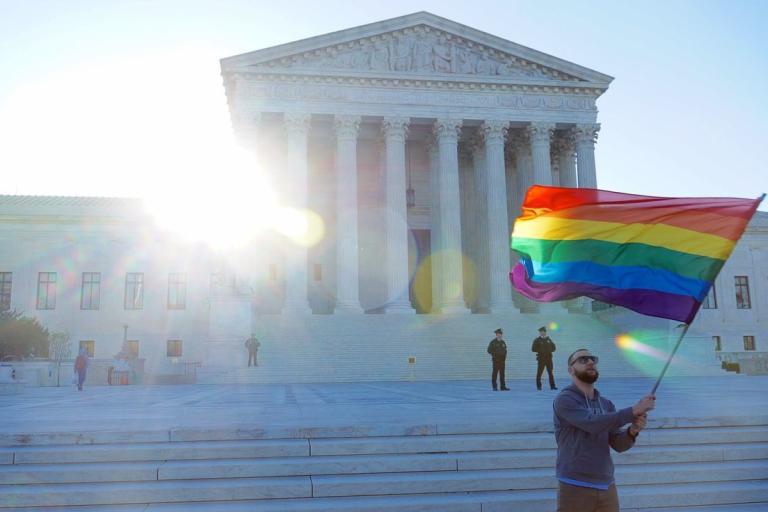The testimony focused on the prevalence of pregnancy and caregiver discrimination issues in the workplace and the included V&A’s policy and legislative recommendations to enhance protections for workers. A link to watch the testimony (V&A testimony beginning at 1:49:45) can be accessed here.
------------------------------------
A New York Times article reported that, according to a 2014 analysis by the University of Massachusetts, Amherst, each child chops 4 percent off of a woman’s hourly wages, while men’s earnings increase 6 percent after they become fathers.[1] Pregnancy discrimination may account for at least part of this. Far too often, women—from those in minimum wage to white collar jobs—contact us with stories so familiar they could follow a script: shortly after a woman reveals her pregnancy, she begins to receive negative performance reviews, is passed over for promotional opportunities, and is excluded from work assignments involving travel, client meetings, networking, and social events. Requests for accommodations are ignored, and women are written up for excessive absences, even though those absences are for pregnancy-related doctor appointments. Supervisors and co-workers speculate about whether she will return to work after giving birth. More than once, we have heard of office-wide betting pools on whether the woman would return after parental leave.
Eventually, for those women who aren’t terminated prior to taking parental leave, they attempt to return to work only to be informed them that their position has been eliminated. They may be offered the opportunity to “apply” for alternate positions, only to find out that no comparable position exists, or to not even be selected for an interview—even if they had worked for the company for more than a decade. They may be offered “free-lance” work in place of their full-time, salaried, job with benefits. In nearly every such case we have seen, we have received the same response from the offending employers: the termination was due to “reorganization.” Although it quickly becomes apparent that the only position eliminated in this “reorganization” was the pregnant woman’s.
Additionally, for the many women who are terminated before giving birth, they are faced with the arduous task of searching for employment with an increasingly visible pregnancy. As employers are ostensibly less likely to hire a woman who is visibly pregnant, they are often condemned to months of unemployment, with very little chance of re-entering the job market until after giving birth. These examples are an amalgamation of the cases we have handled, and though the facts may vary the story arch is the same, and it begins with a pregnant woman, and ends with an unemployed one.
For these reasons we have two requests:
- That, in recognizing the unique challenges a pregnant woman faces in entering the work force, and the irreparable harm she may suffer remaining unemployed while pregnant, and in the interest of deterring and curtailing this, a rebuttable presumption of discrimination be applied to employers who terminate women during a then known-of pregnancy; and
- That the NYCHRL require employers to adopt a pregnancy discrimination prevention policy and training for employees.
[1] Miller, Claire Cain, “The Motherhood Penalty vs. the Fatherhood Bonus,” The New York Times, Sept. 6, 2014, https://www.nytimes.com/2014/09/07/upshot/a-child-helps-your-career-if-youre-a-man.html.


